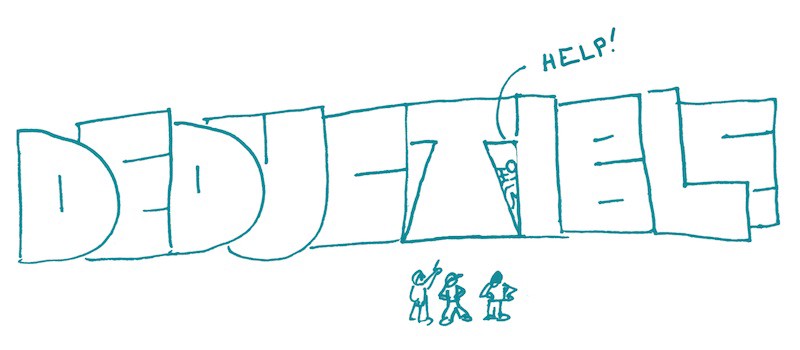
With the launch of the Health Insurance Marketplace on October 1, millions of Americans must quickly learn a foreign language: health insurance speak.
Many of these words and concepts are very complicated and technical. The trickiest ones have no simple plain language alternatives. Take the word “deductible.” It’s not an intuitive word, and it’s specific to two of the least understandable subjects: taxes and insurance. Yet understanding this word is key for making important financial decisions.
If we can’t simply substitute a plain language word or phrase for a complicated word, we teach readers about the term instead. That means both explaining what it means and giving examples.
When writing about a health insurance deductible, we might include a section like this:
What is a deductible?
Your deductible is the amount of money you have to pay for your health care before your health insurance plan will start to pay for medical services. In other words, your health insurance plan “kicks in” only after you’ve paid the amount of your deductible out of your own pocket.
For example: Your health plan has a deductible of $1,000. That means that you need to spend $1,000 of your own money on health care before your health insurance plan will start to pay for things.
There are some costs that your insurance will cover before you have paid your full deductible. There are also some costs that may not count toward your deductible. Contact your health insurance company if you have any questions about what’s covered or what counts toward your deductible.
As you can see, this can get a bit wordy. But if you’re able to drive home the meaning of important concepts like “deductible” for your readers, it’s worth it.
The bottom line: Like it or not, “deductible” is here to stay. Help your readers by putting it in context and providing relevant examples.
Browse recent posts